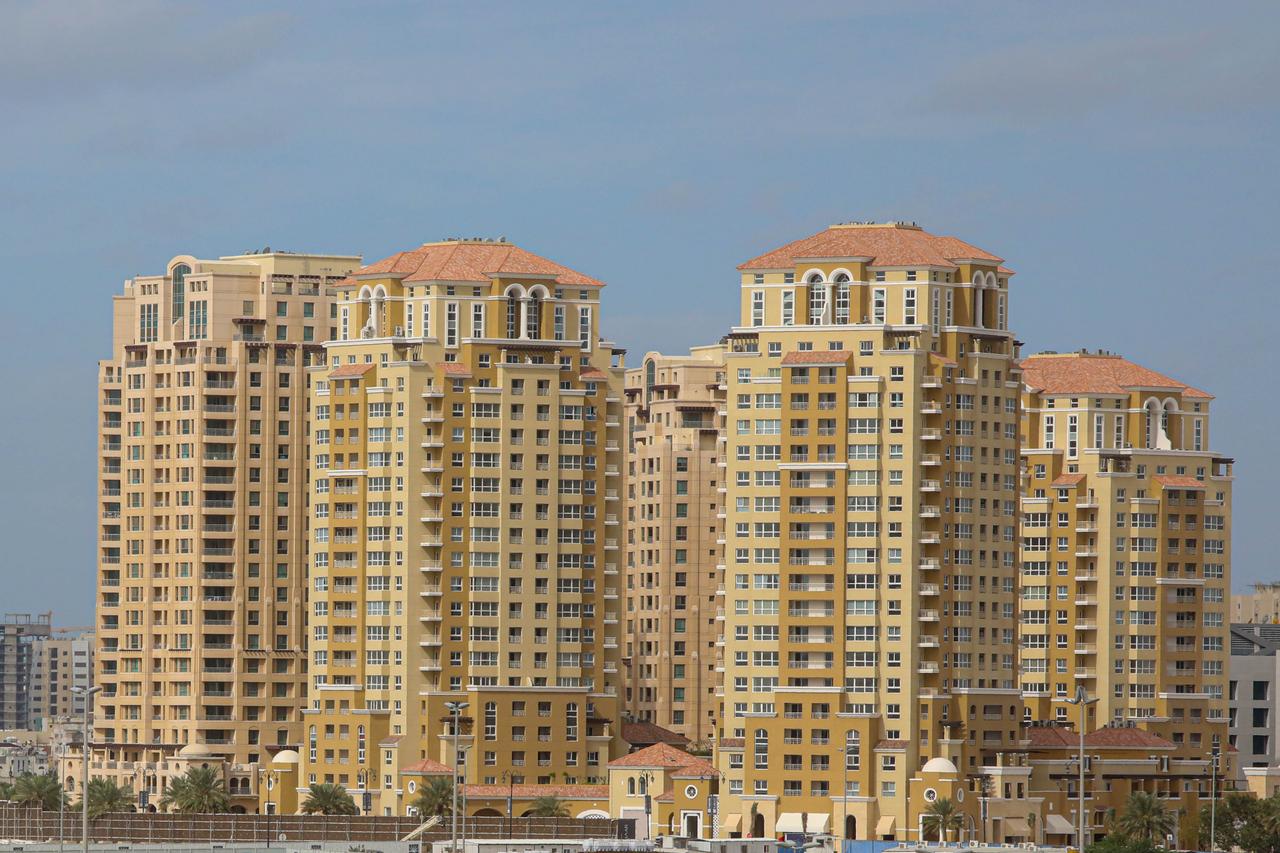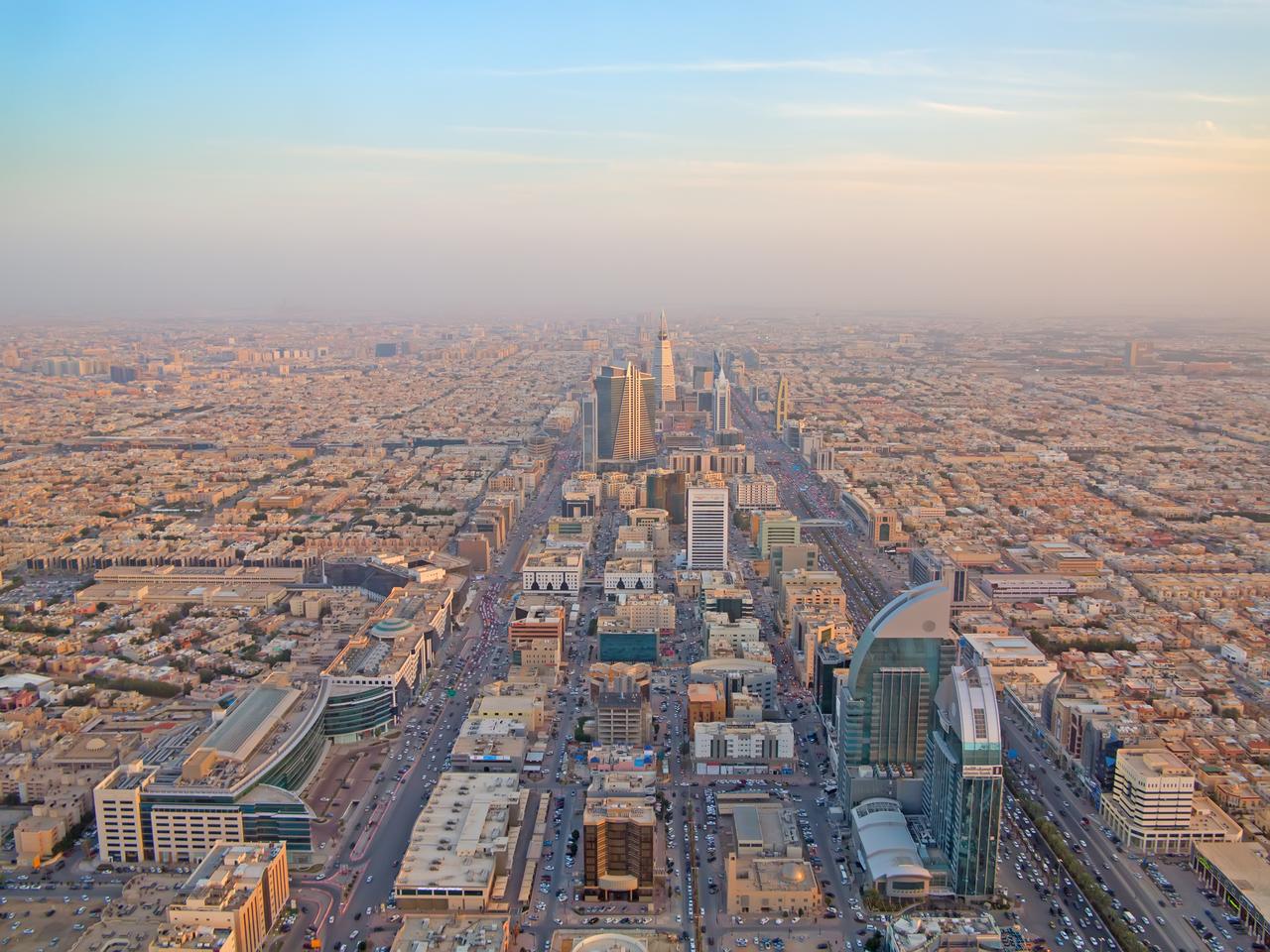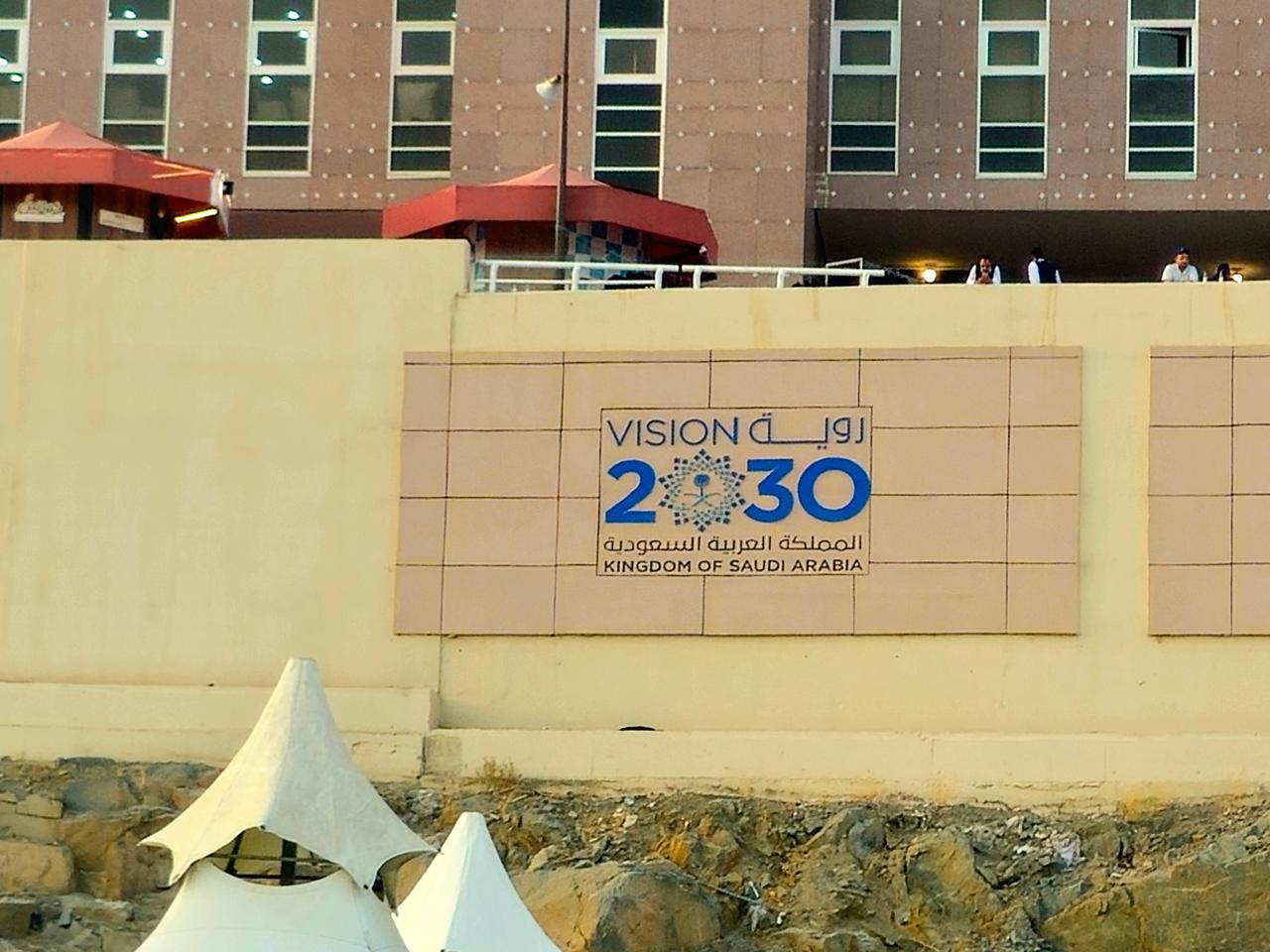
Saudi Arabia will allow foreign individuals and entities to own real estate in designated zones starting January 2026, following the approval of a new legal framework that replaces the existing law from 2000.
The newly enacted Law of Real Estate Ownership and Investment by Non-Saudis, approved by the Council of Ministers on Tuesday, according to local media, introduces conditions for non-residents to buy houses in the country.
Under the law, expats and overseas companies can acquire real estate in specific zones that will be designated by the General Real Estate Authority. Initial target areas include high-demand markets such as Riyadh and Jeddah.
Foreign investment will require prior regulatory approval and must meet a set of conditions based on the project’s type and intent. For commercial projects, full ownership will be permitted if the investment exceeds SAR 30 million (approximately $8 million), is development-oriented, and becomes operational within five years of acquisition.

Expats holding valid residency permits (iqama) may buy residential property for personal use. However, these transactions remain subject to approval by the Ministry of Interior.
Restrictions will remain in place for premium and high-value segments to safeguard affordability and access for Saudi citizens.
The law maintains longstanding limits on property ownership in the holy cities of Makkah and Madinah. In general, foreigners will not be permitted to buy property in these cities, except in narrowly defined circumstances such as inheritance or religious endowments (waqf), and only for Muslims.

The reform is a core component of Saudi Arabia’s Vision 2030 strategy to diversify its economy and attract international capital. Sectors expected to benefit include real estate development, construction, mortgage finance, and infrastructure services.
Following the announcement, shares in several listed Saudi real estate companies rose by over 5% on the Tadawul exchange.
While the law emerges as a major liberalization, several operational issues remain unresolved, including the criteria for designating investment zones, the enforcement of development deadlines, and the structure of approval processes.
Saudi authorities also plan to ensure that foreign ownership remains transparent and does not distort local markets.